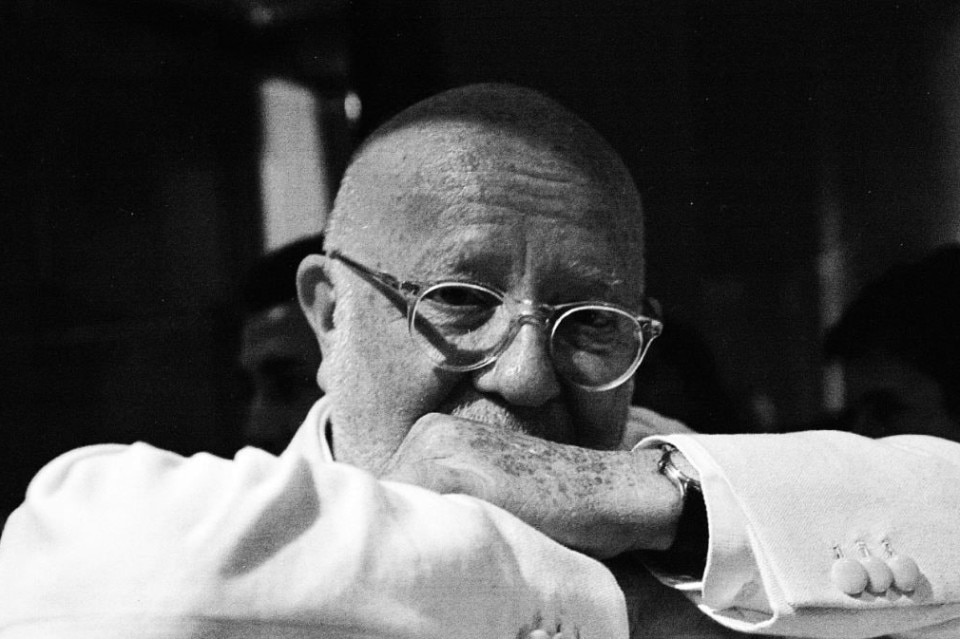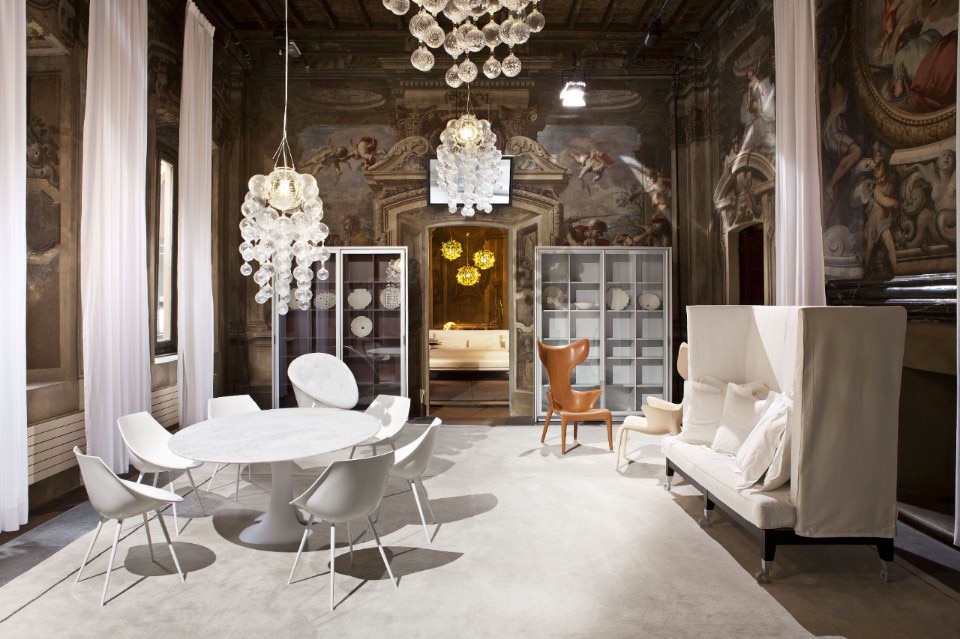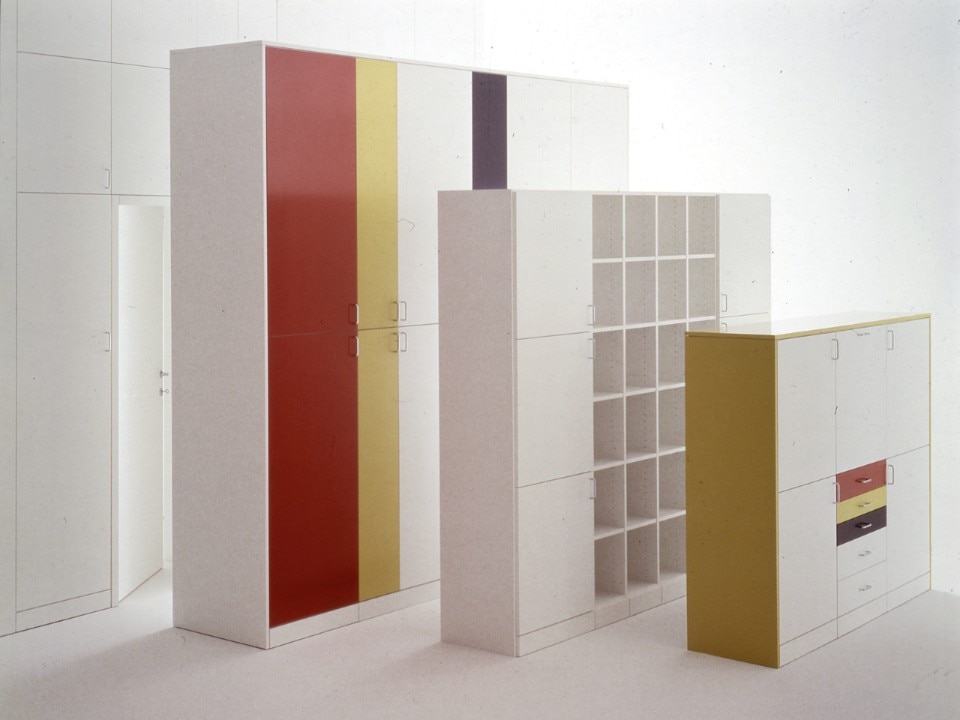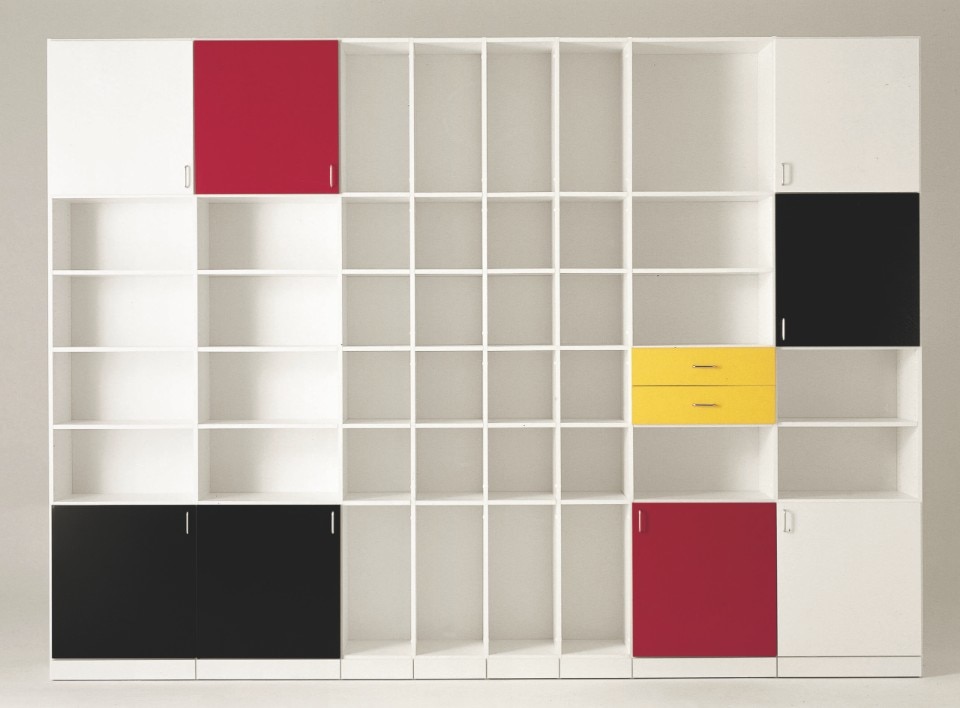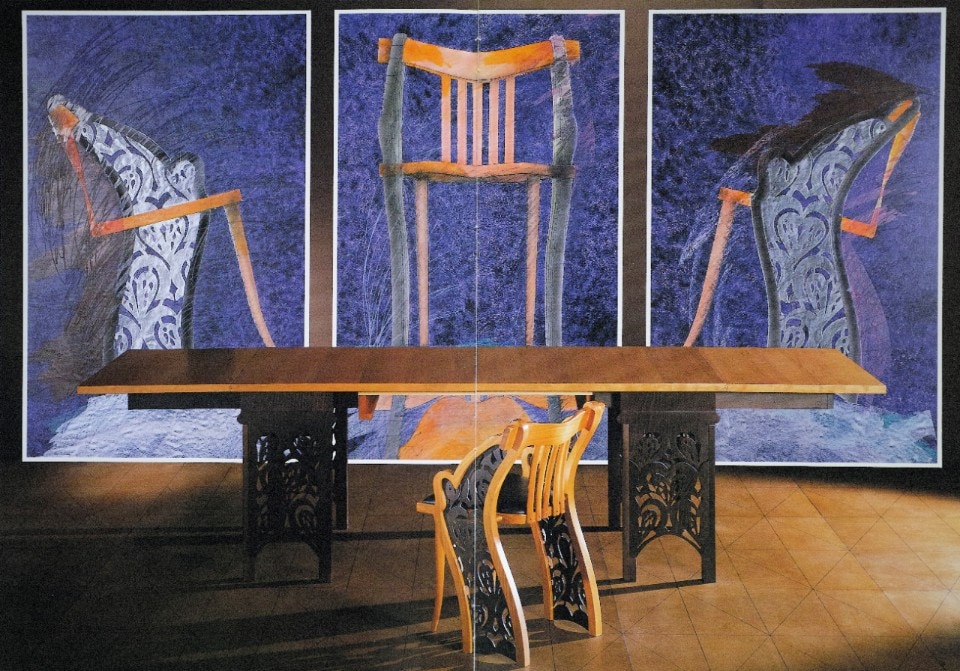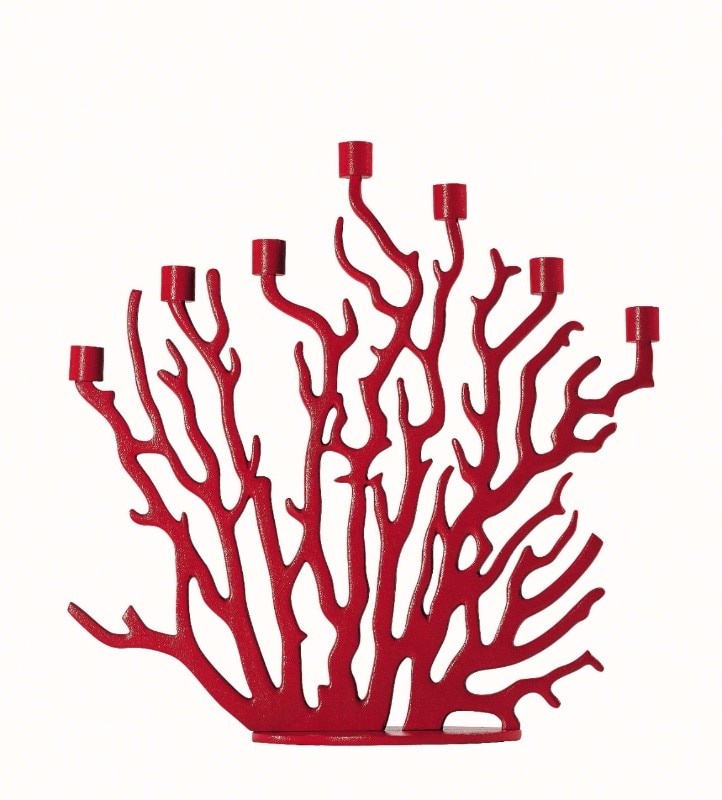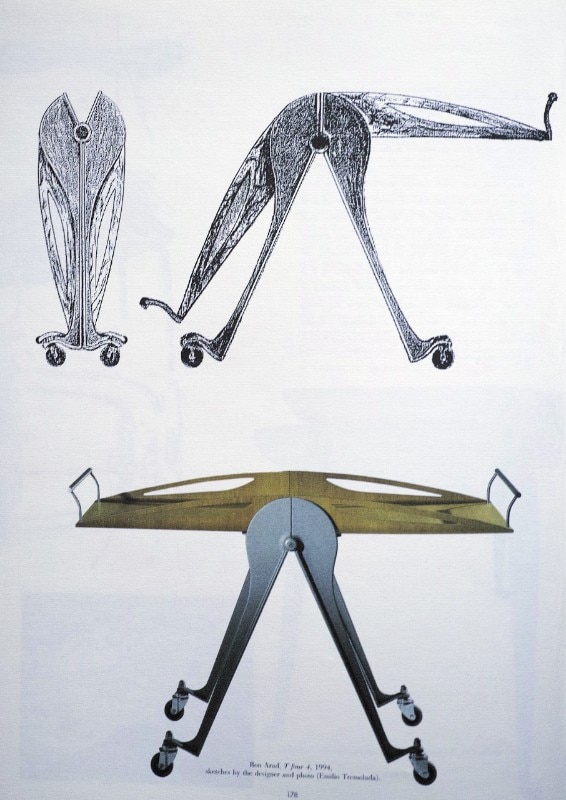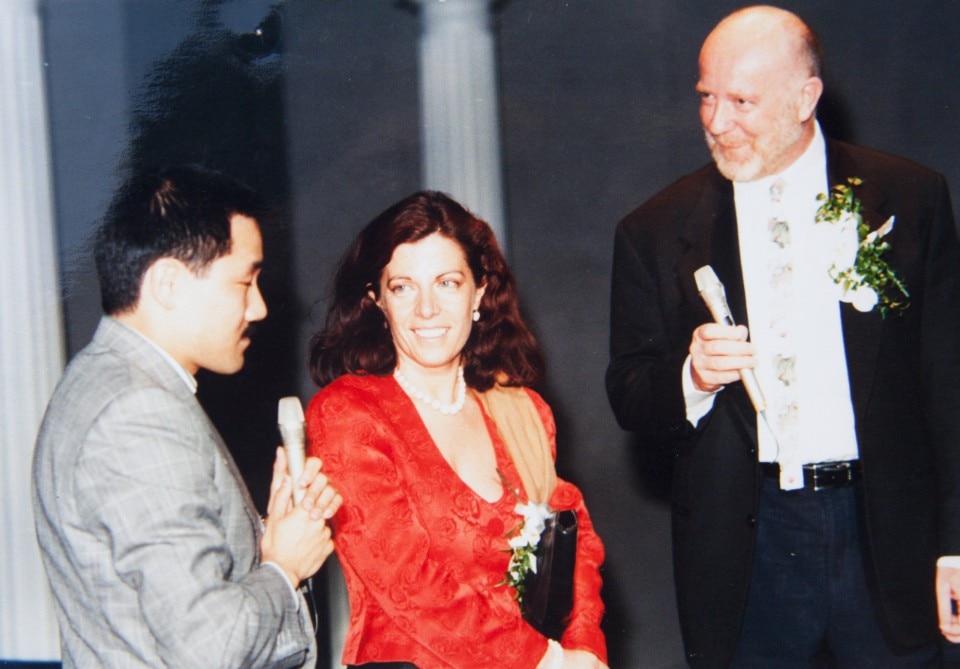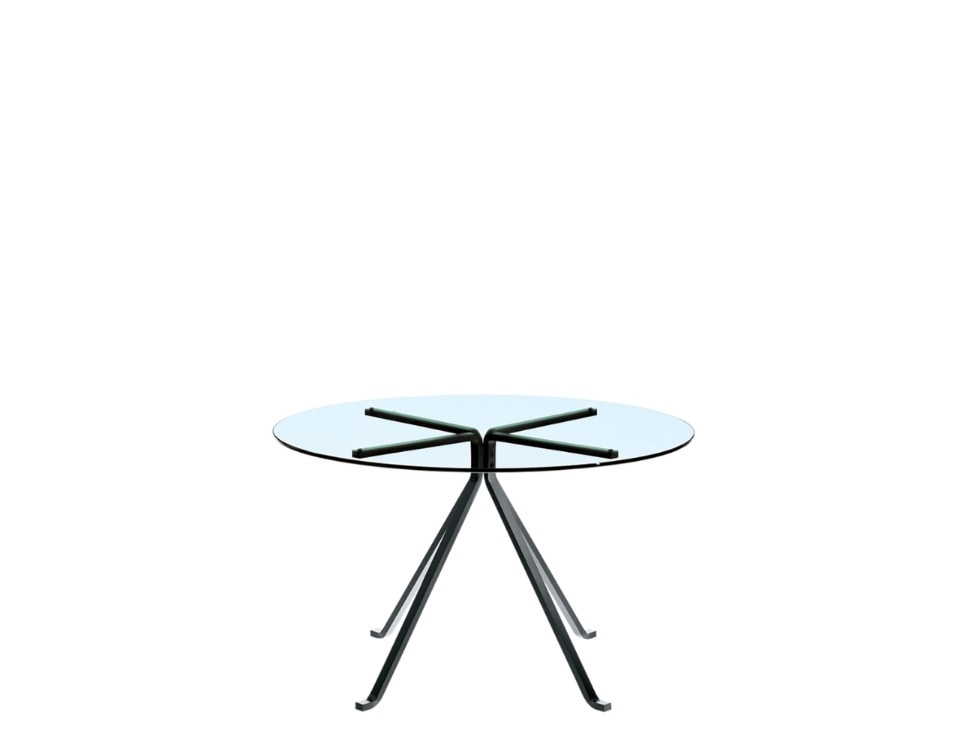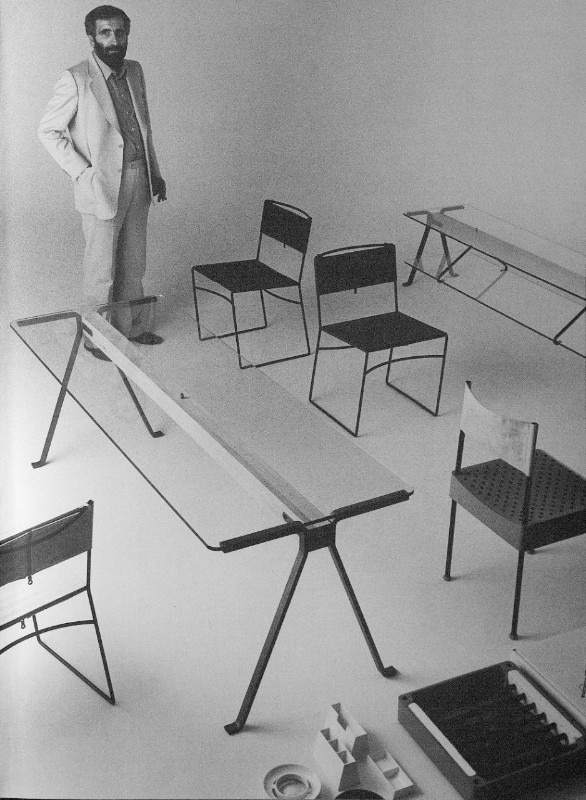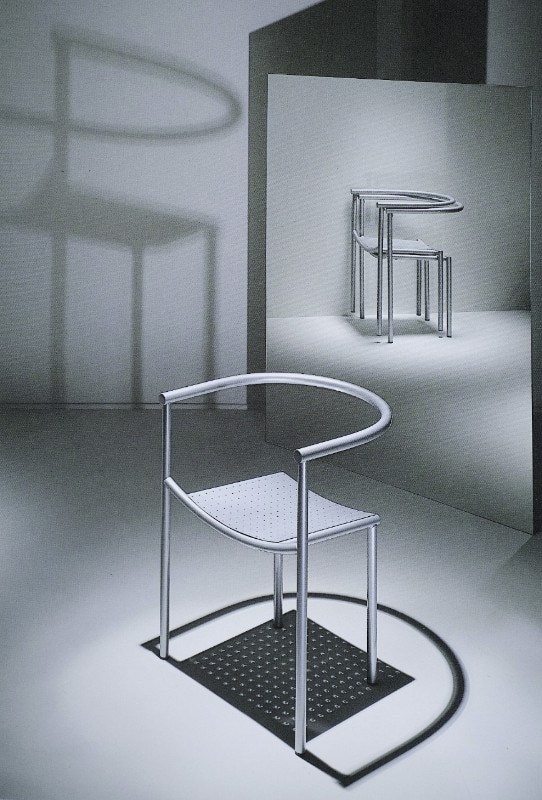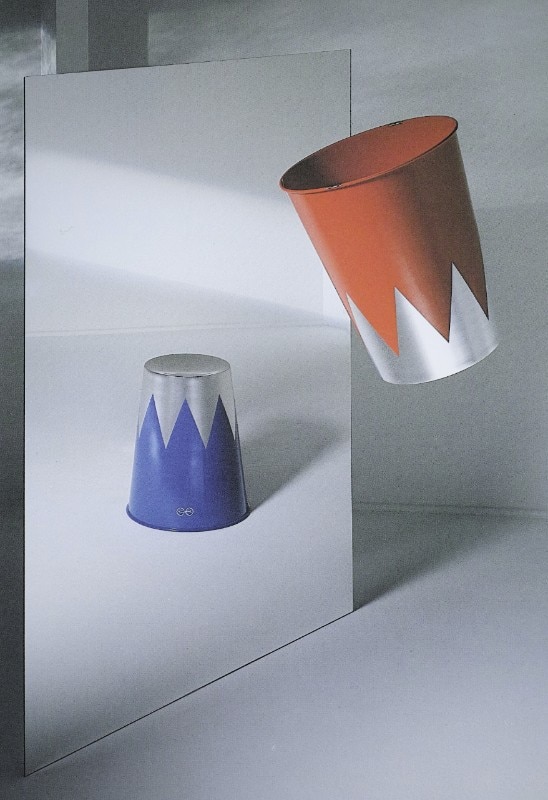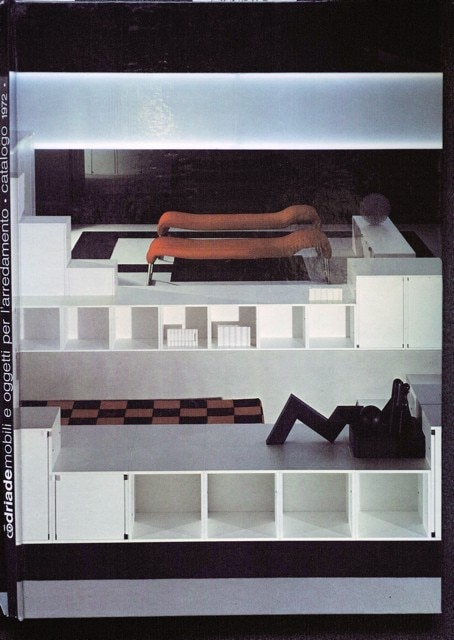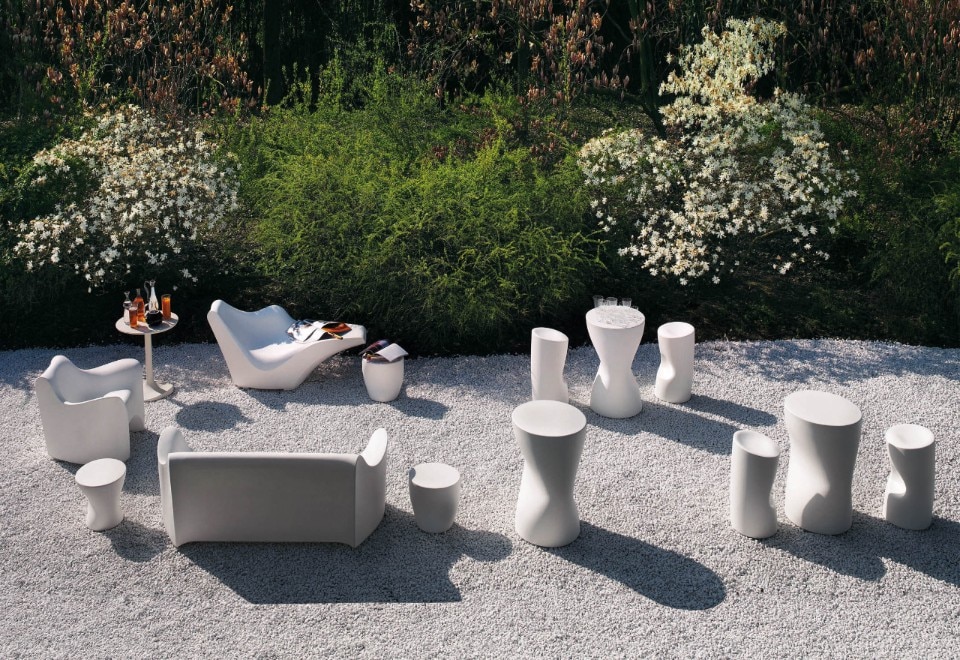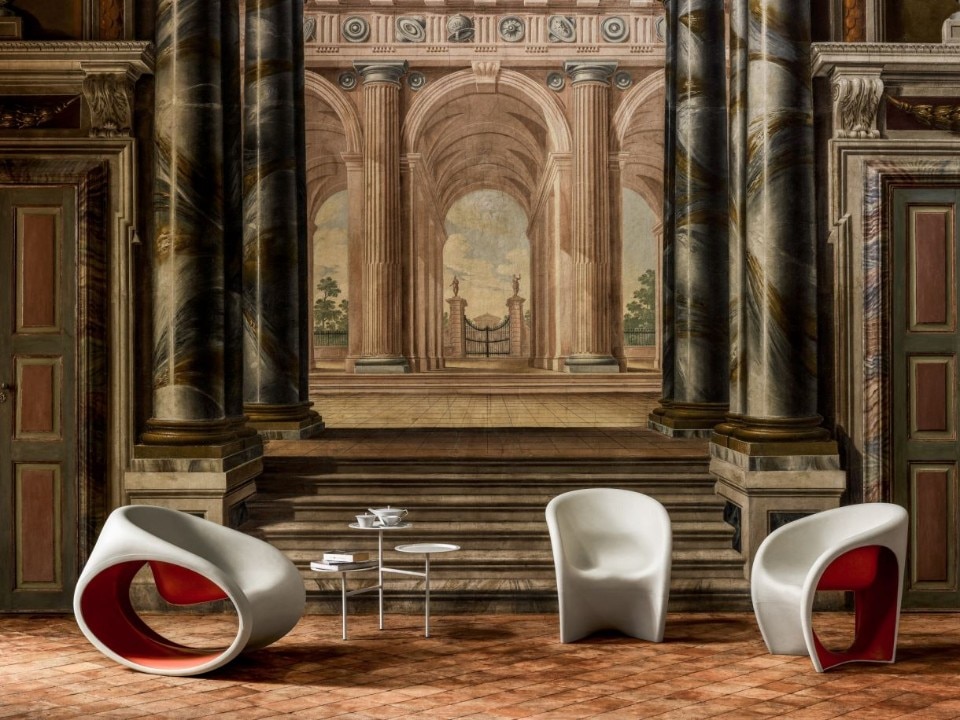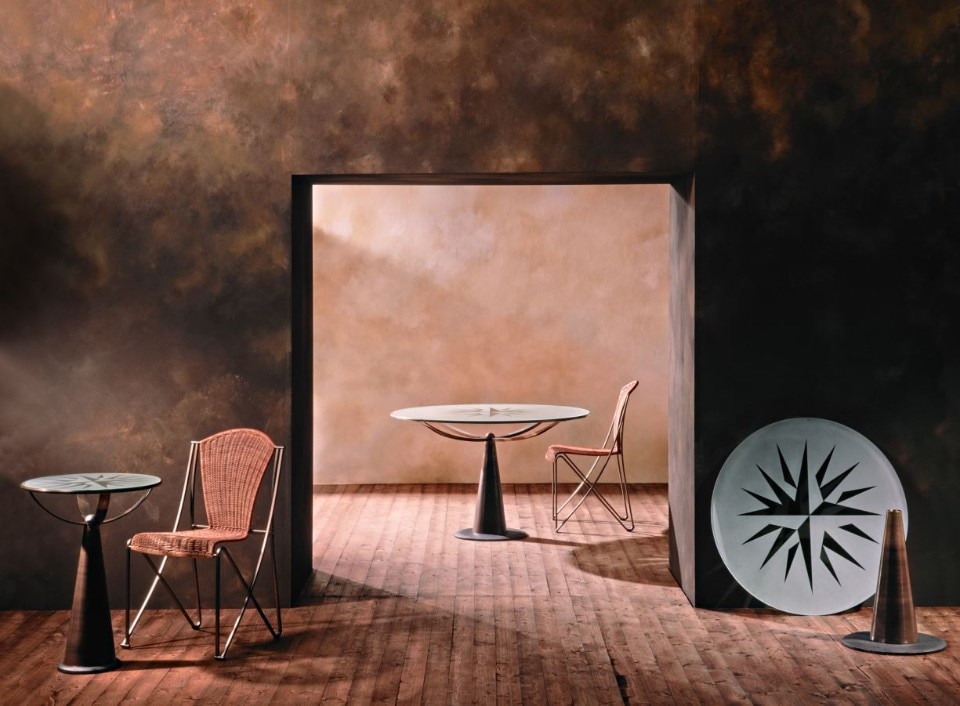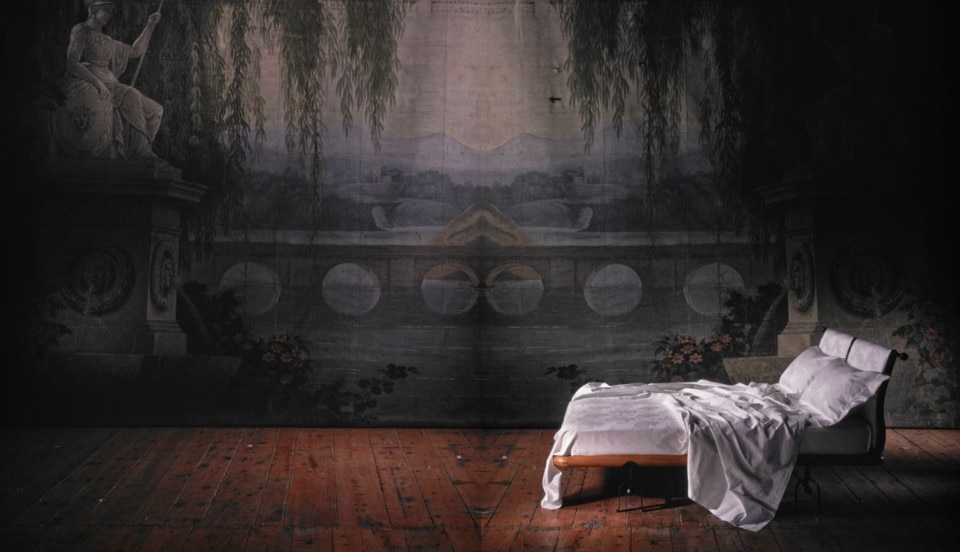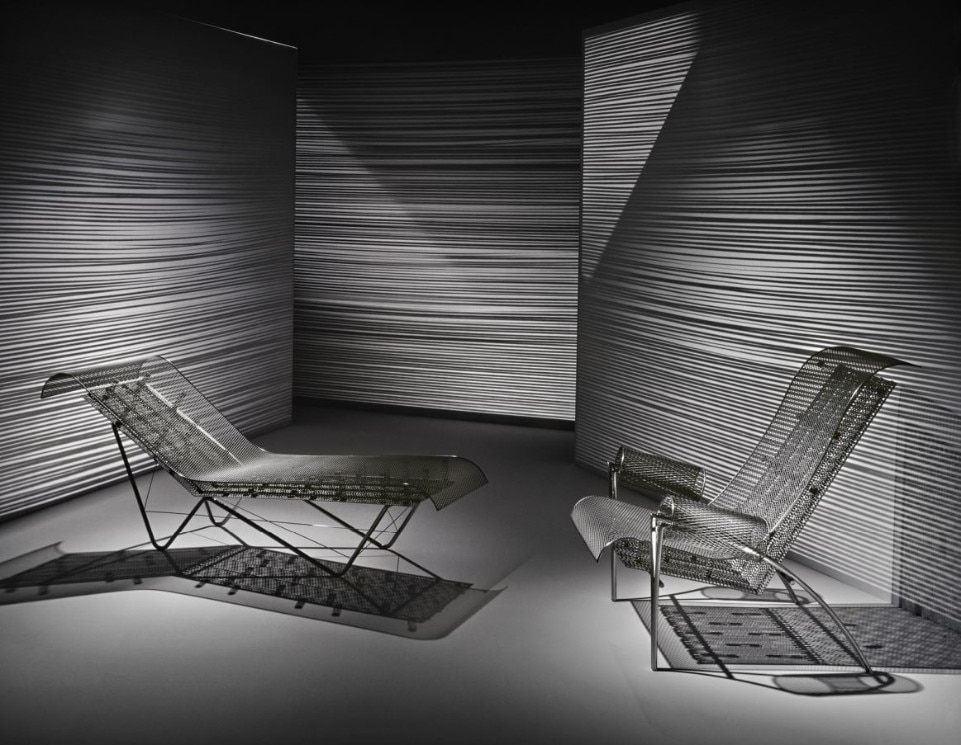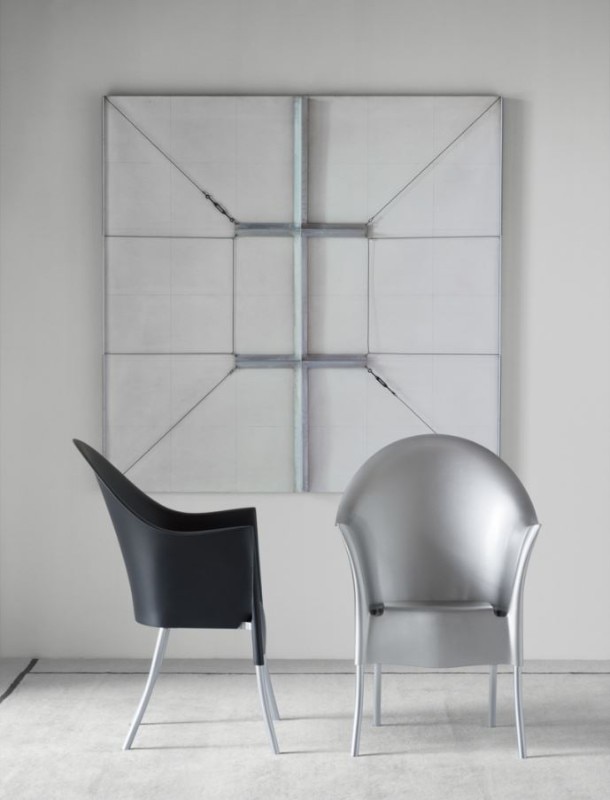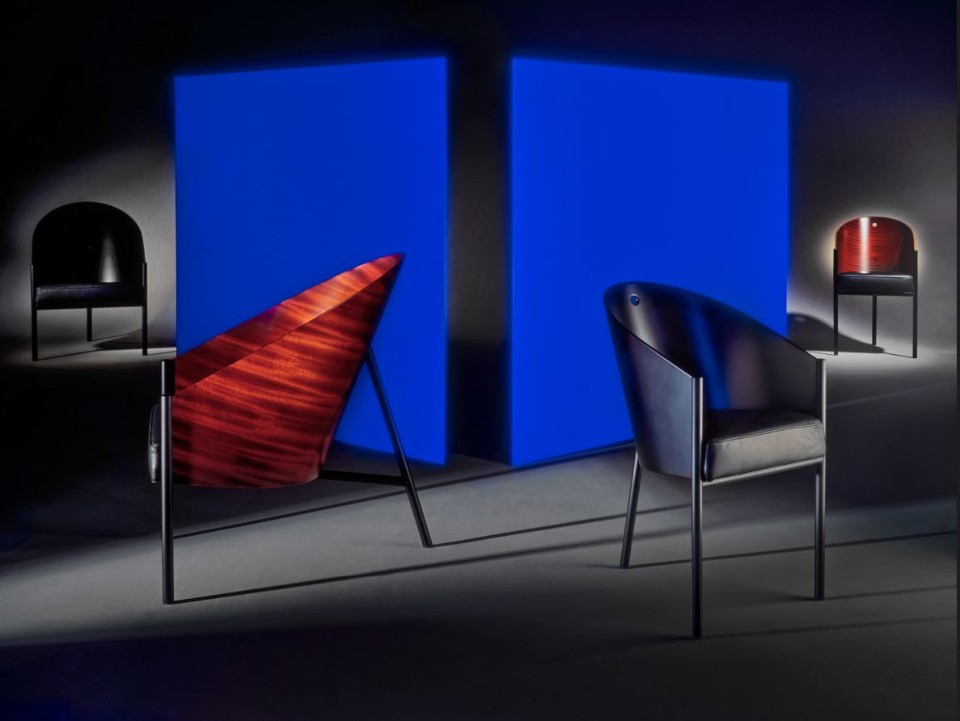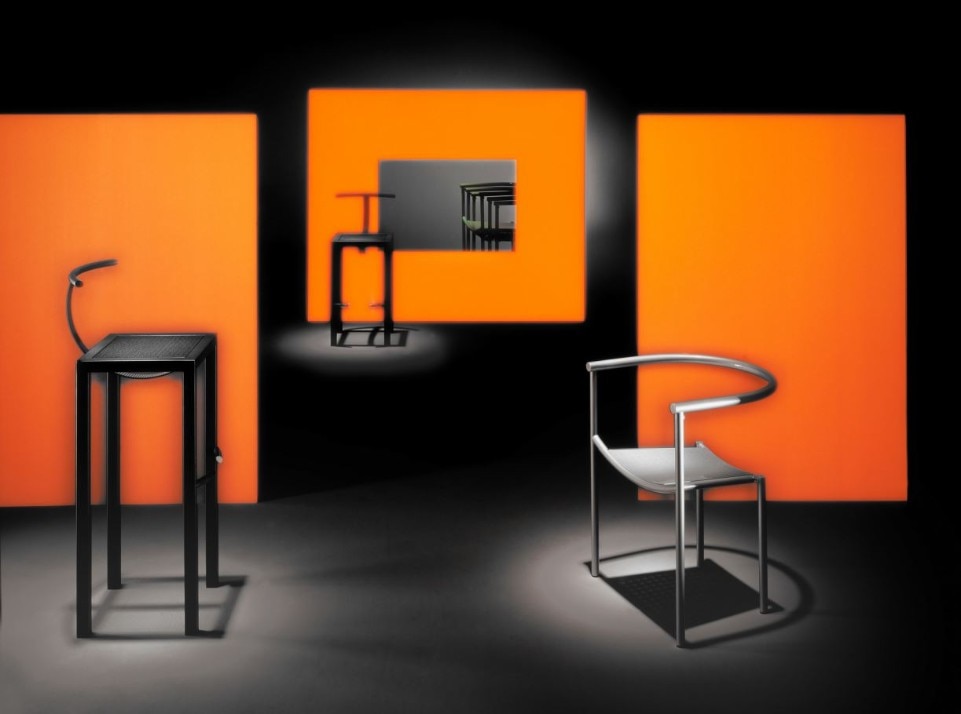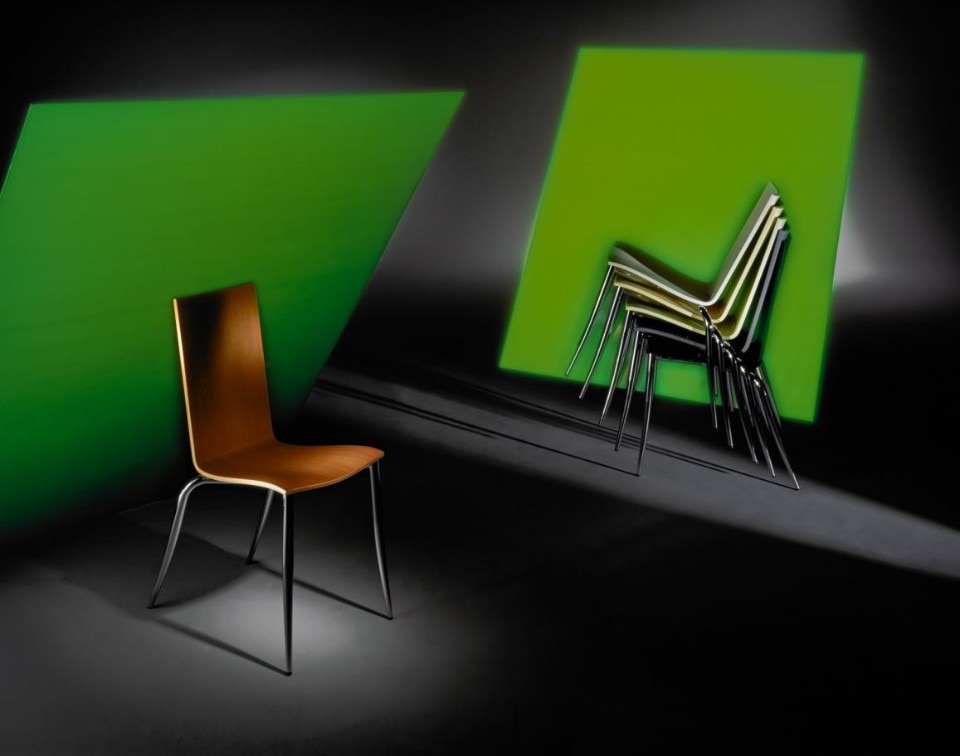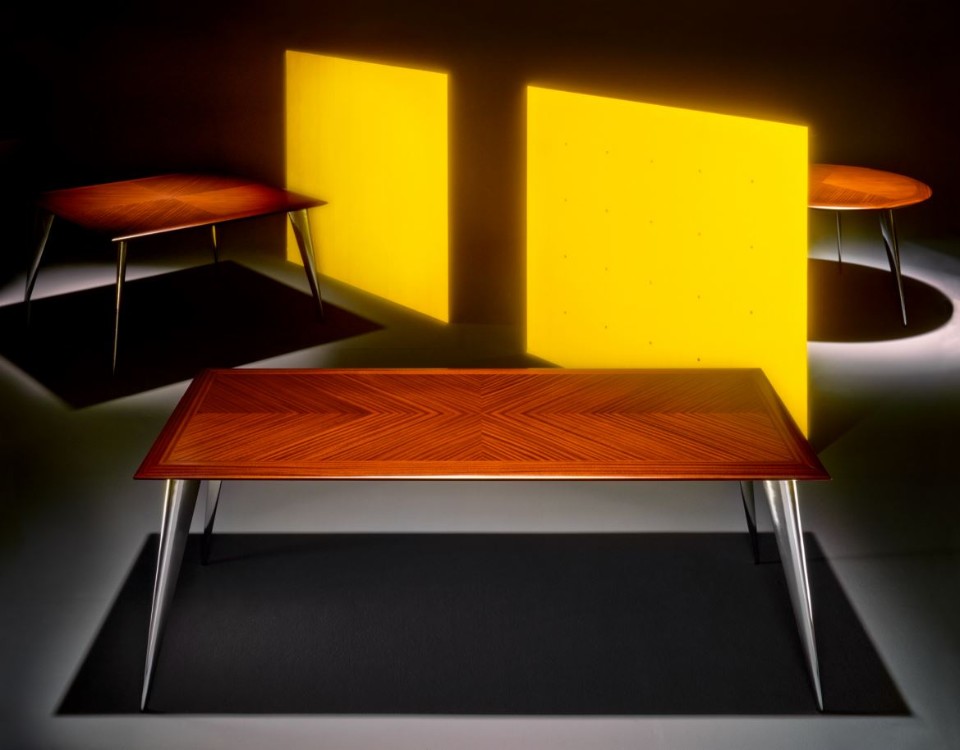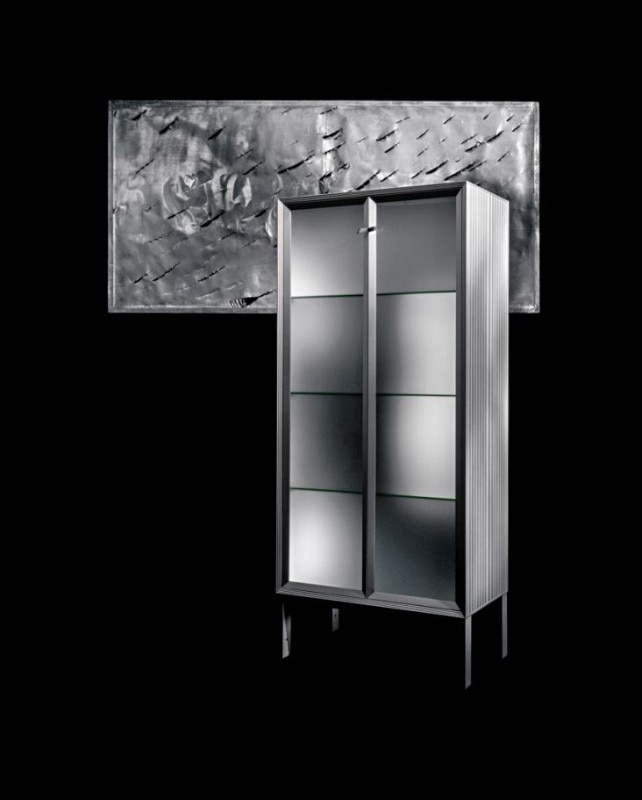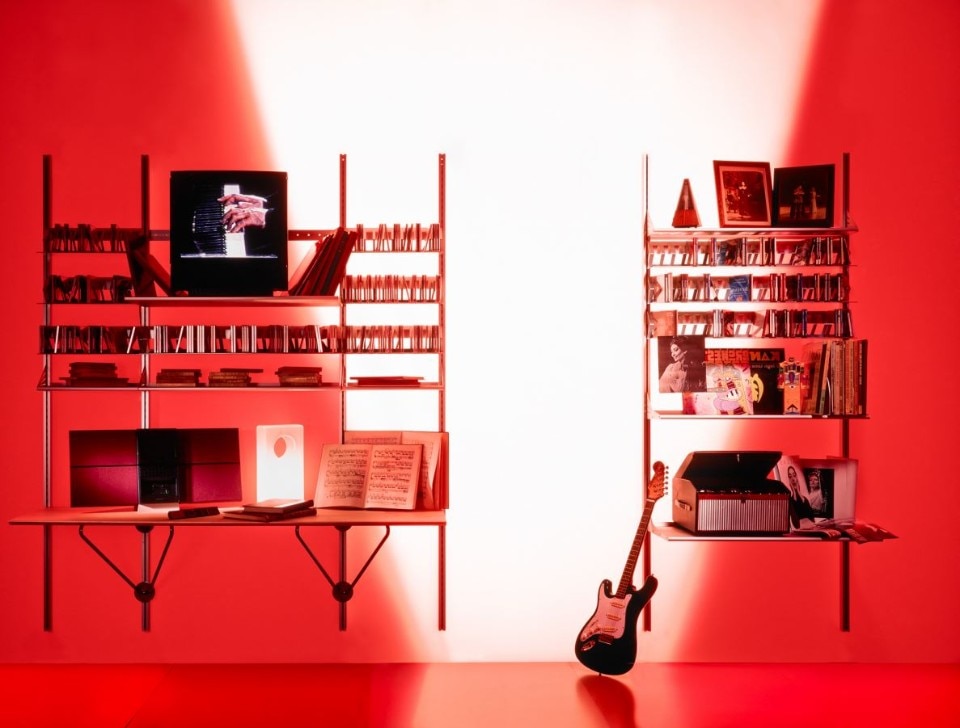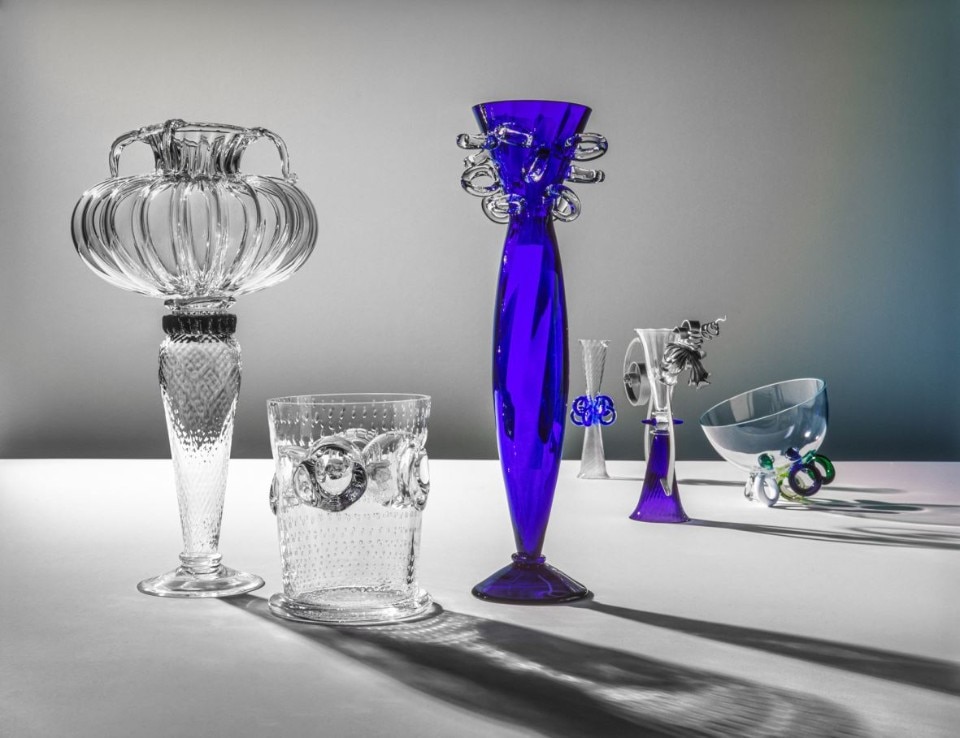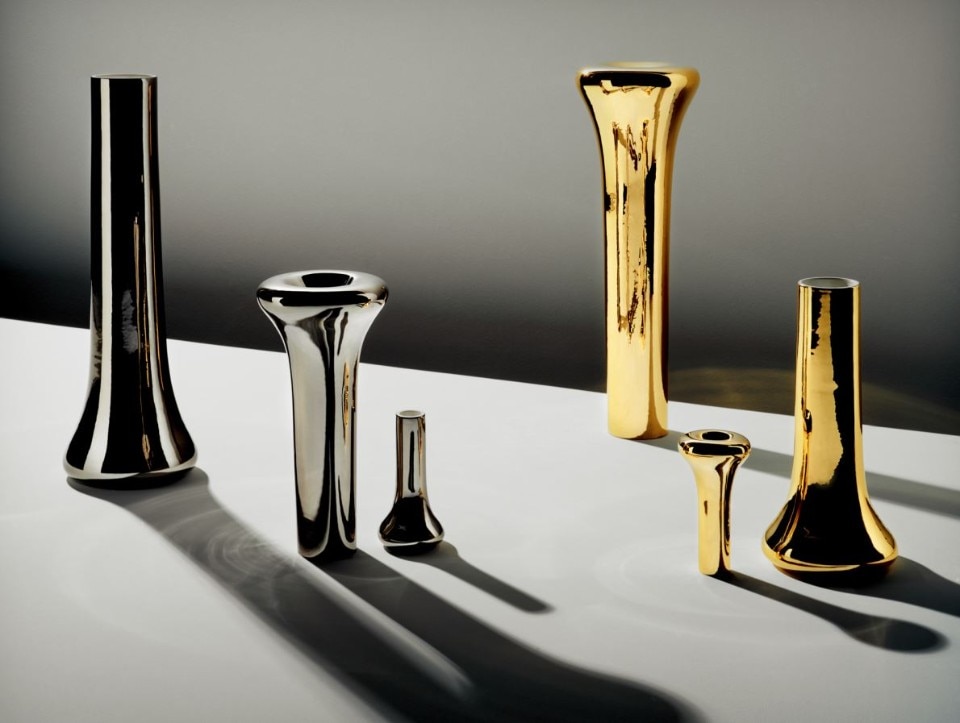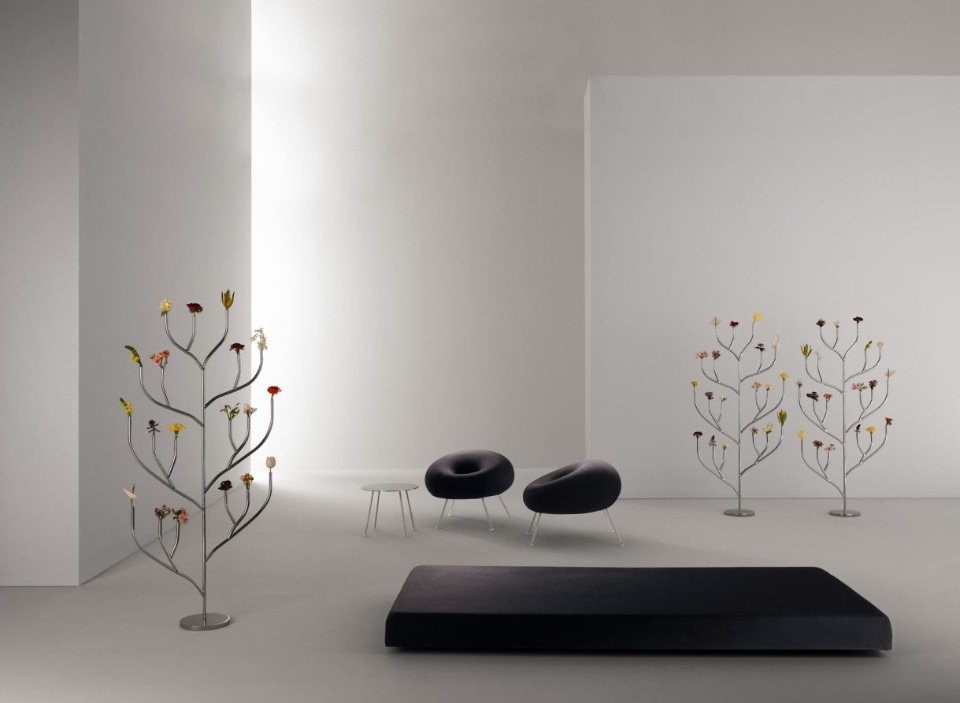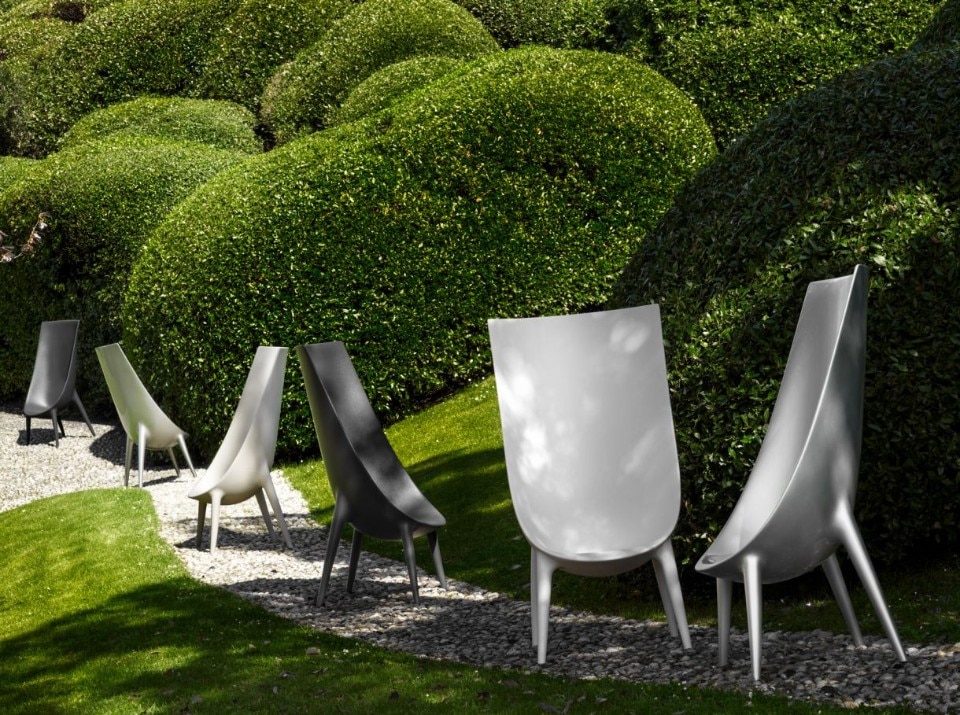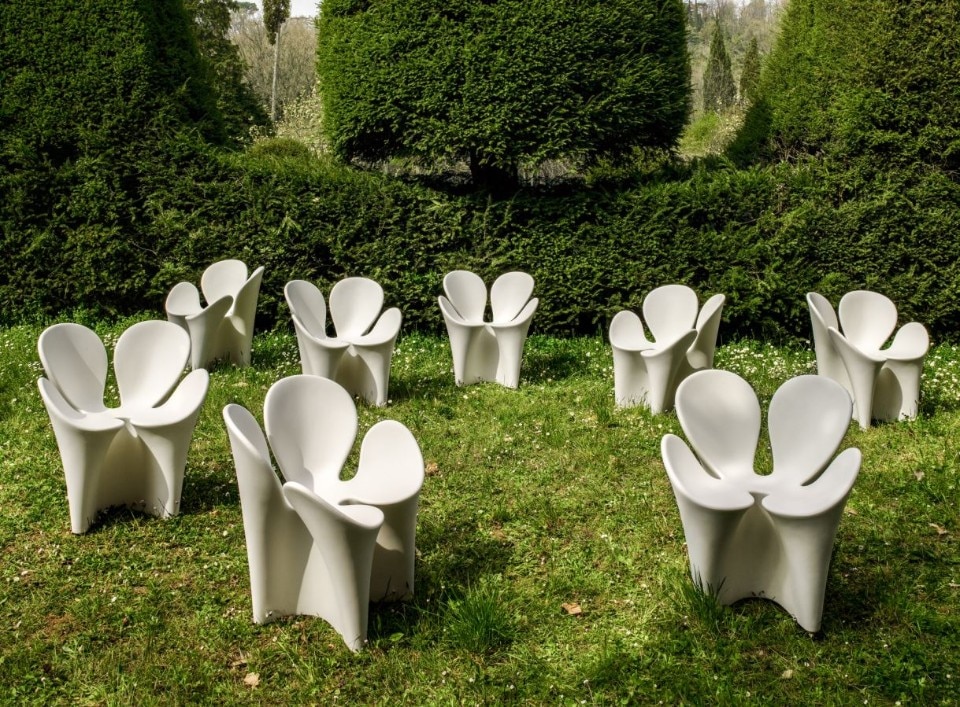“Reality is not a monolithic universe, but the summation of different languages, all equally poetic and original”. According to Vanni Pasca, the aesthetics of Driade – the design company founded in 1968 by Enrico Astori with his sister Antonia and his wife Adelaide Acerbi – have always been based on this fundamental principle.
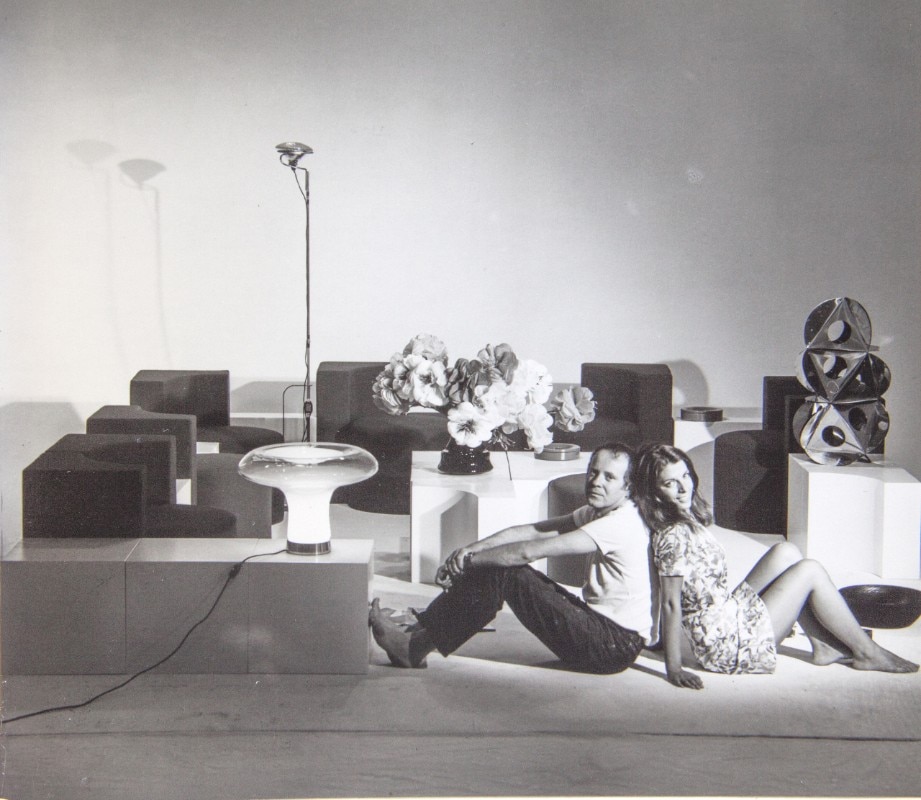
If, on the one hand, other Italian design companies or icons focus their editorial and production line on consistent, overall homogeneous and standardised choices, on the other hand, Enrico Astori pushes his Driade – curious and dynamic as the blooming tree nymphs after which it was named – to a transversal nature of its approach that does not fear but even seeks contrast, difference, plurality of looks and visions.
Therefore, for instance, in the 1970s, Nanda Vigo’s conceptual design opposed Antonia Astori’s modular vision in Driade. In the 1980s, Enzo Mari’s ethical rigorism embodied the other side of the coin from Philippe Starck’s playful, dynamic approach. Last but not least, on the 1990s, Ron Arad and Ross Lovegrove gave voice – within Driade – to conflicting visions of Anglo-Saxon design.
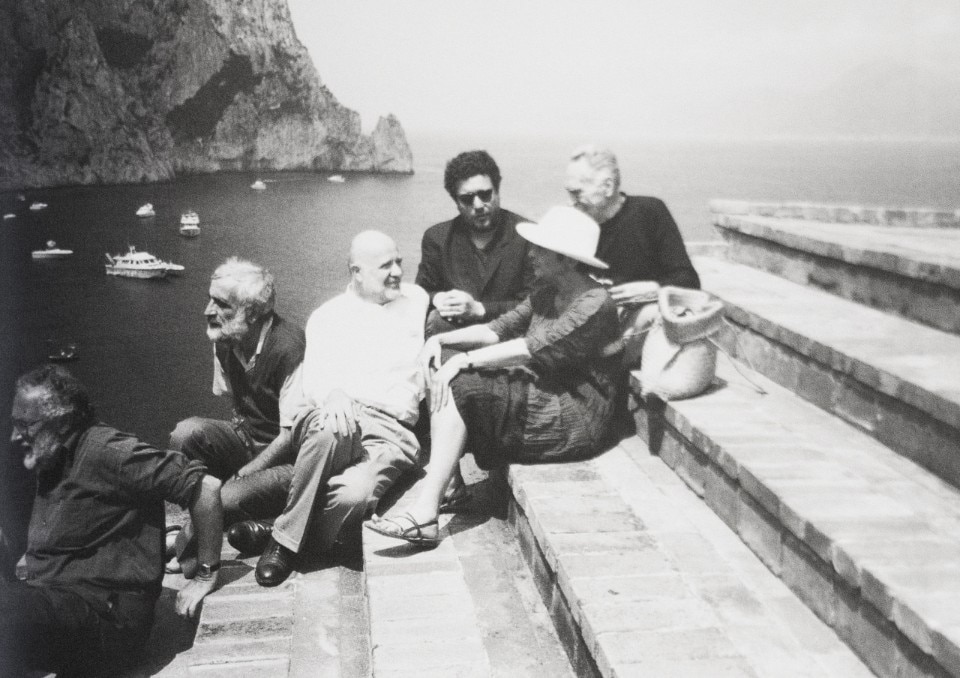
This is undoubtedly thanks to Enrico Astori, a brave captain and entrepreneur, but also a curious navigator and unscrupulous explorer in the magnum sea of creativity. He and his company are responsible for freeing Italian design from extremely rigid conceptual and design cages and for enabling it to dialogue with other neighbouring and bordering disciplines.
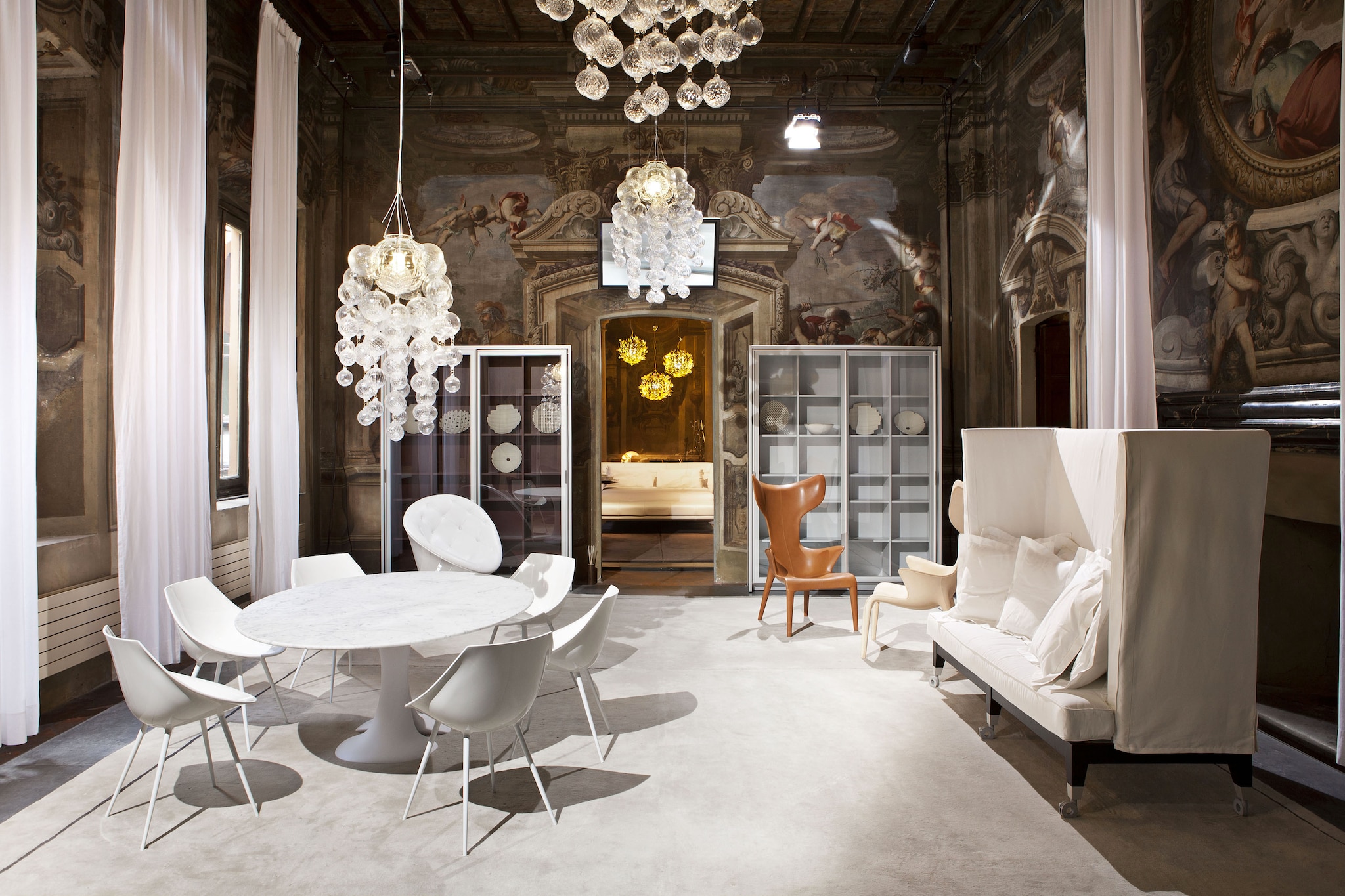
 View gallery
View gallery
And once again thanks to him – unmistakable for his politeness, his mandarin collars, his wrap-around coats and his rhotacism – knowledge linked to Italian flair has been confronted and often merged with that coming from other cultures, other roots, different traditions (first and foremost Japanese oriental creativity). “I have done what I liked, I have produced objects that I would have liked to buy or to gift, I have met people who aroused my curiosity and I have chosen to work with them”. This is how Enrico Astori – born in 1936 in Melzo and died in Milan in May 2020, at the age of 84 – used to talk about himself and his work. About his company, however, he spoke with passion and satisfaction. As well as with the pride of someone who never considered Driade an objective or an end, but a means, a tool of knowledge.
Philippe Starck
“I see Driade as a casket,” he declared, “or an ark that collects the beauties of the world while waiting for the flood”. Indeed, Enrico Astori has always believed in beauty, in its ethical as well as aesthetic value, even in its social function. Attracted by everything that is new and expresses a clear idea of originality, intolerant of consolidated and already established models, excited every time when he faced with the discovery of new talents or languages, Astori has consistently pursued an on-going innovation project that has led him to be far-sighted and innovative, and to make Driade – these are his words – “not a company, or a stake, but an inclination towards travel, curiosity, discovery”.
Right from the start, in the late Sixties and early Seventies, while protests and ruptures were exploding in the world, and while good design was being accused on many sides, Astori took charge of the innovative changes of the time and inaugurated with Driade 1 and then with Oikos – at a time when design was still strongly patriarchal – a line of systemic and modular furnishing elements designed and launched by women (his sister Antonia and his wife Adelaide).
Oscar Tusquets
Among the first to understand the essential value of communication, marketing and events for the promotion and spread of design – unforgettable parties in the showroom in via Manzoni in Milan, unmissable events at every edition of the Salone del Mobile – Enrico Astori surrounds himself with the most innovative and least conformist designers (from the De Pas-D’Urbino-Lomazzi group to Enzo Mari, from Alessandro Mendini to Giotto Stoppino, from Matteo Thun to Fabio Novembre, the company’s new art director since 2020, not to mention the Japanese Naoto Fukasawa, Toyo Ito, Kazuyo Sejima and Tokujin Yoshioka) and listens to them, welcomes them, incorporates them into his open and polyphonic project. As a true demiurge, or a divine craftsman who combines ideas and matter, as his architect friend Flavio Albanese said of him: “a demiurge who knew how to celebrate the ritual of impossible connections, the radicalism of the old masters with the neo-Baroque of young designers, the rigorous architectural grid of Oikos with creative raids on impossible home accessories”.
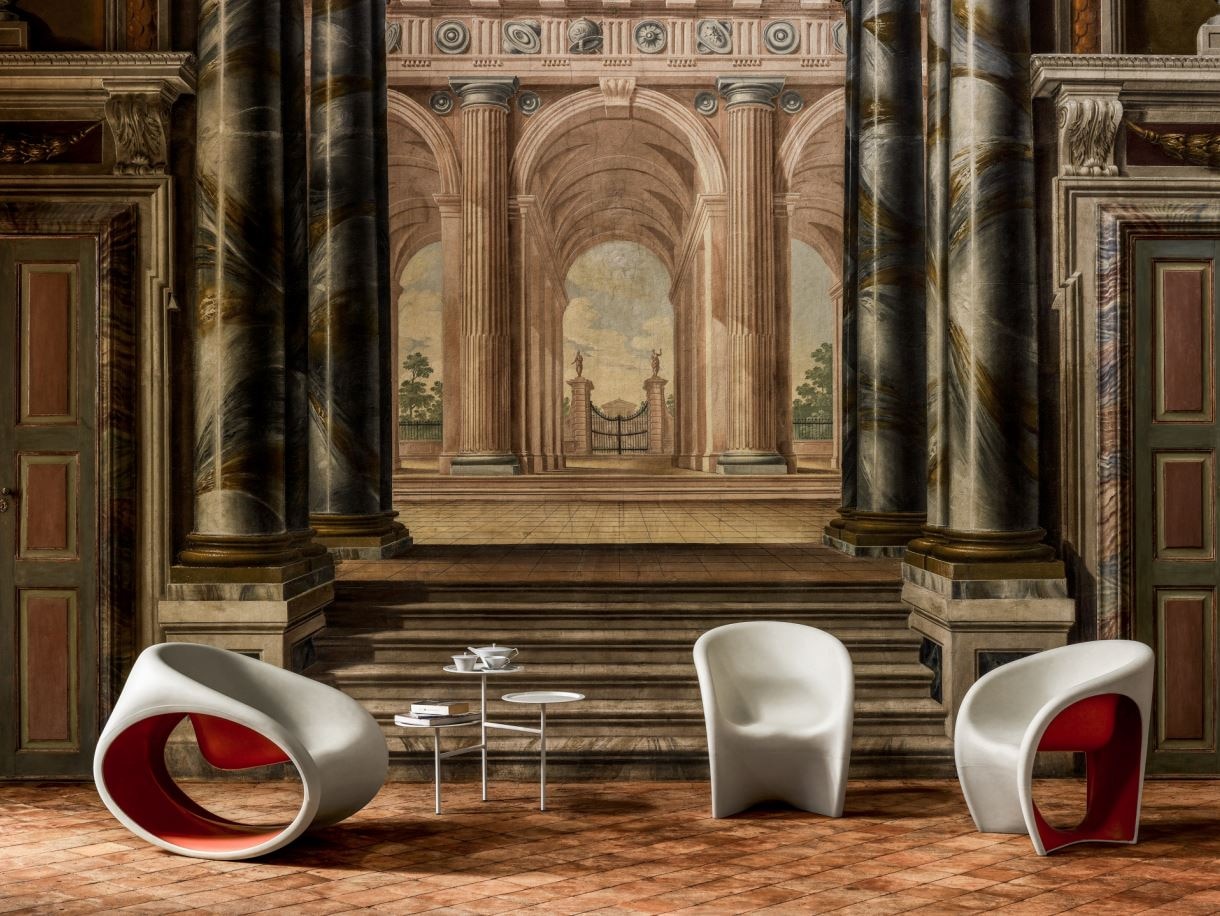
 View gallery
View gallery
It is not trivial eclecticism, that of Astori. Rather, it is polyphony. It is the ability to organise a concert with several voices and a variety of instruments. It is alchemy of languages and sensations. It is awareness of the need to promote plurality instead of flattening, dialogic multilingualism instead of self-referential monologism.
Driade has thus been the multi-purpose workshop that Alessandro Mendini spoke of: a mutant organism that has crossed the last decades of the 20th century and the first decades of the new century without falling into fashions or trends of the moment, but always interpreting deep-seated impulses, emerging needs, the most visionary ideas. So much so that a famous and acclaimed designer as Philippe Starck confessed that without Astori and without Driade he would not exist or would not be what he is anyway. Many other creative protagonists of our design could certainly say the same thing.
Flavio Albanese
Since 2013, Driade has entered the portfolio of the Italian fund Creation Group, but Astori’s spiritual legacy and lesson are kept alive by their daughters Elisa and Elena, who share with their father their innate elegance, intellectual curiosity and the pursuit of beauty
Opening image: Enrico Astori. Courtesy Astori Archive


